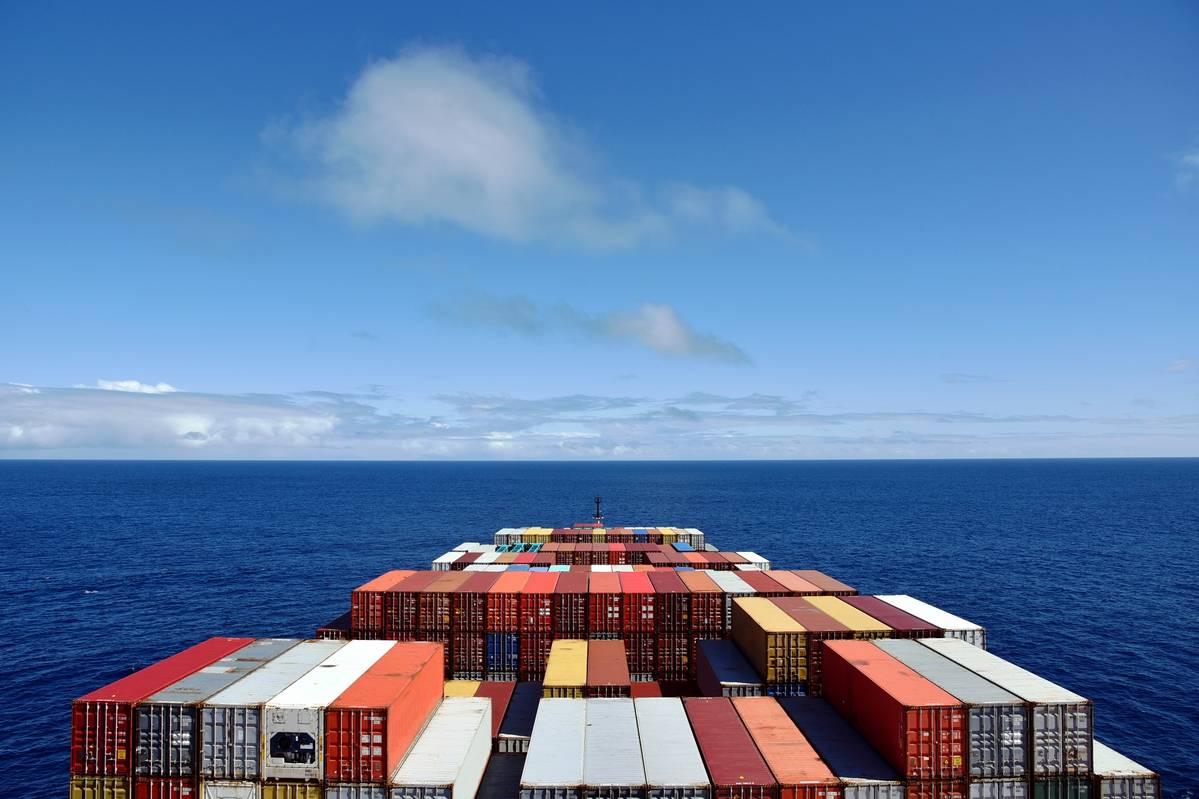
Source: Reuters
The World Trade Organization’s (WTO) chief economist said last week that global trade bottlenecks are the result of a surge in demand rather than a supply chain disruption. The expectation is for pressure to ease in the coming months.
The WTO had believed demand for goods would slow in early 2022 but the Omicron variant led to restricted activity.
Subsequently, consumers continued to skew their spending on goods rather than services.
WTO chief economist Robert Koopman said the excessive demand on goods is the likely explanation for two-thirds to three-quarters of shortages “It still remains that this compositional shift in demand supported by the appropriately aggressive, quick fiscal and monetary policies, has resulted in this outcome where lots of people write about supply-chain disruptions,” he said.
The supply chain turmoil was more obvious in the automotive sector, or to shippers who adapted production shifts from China to Vietnam, Malaysia or Indonesia. Koopman said key U.S. indicators such as the back-ups of ships at ports had improved and throughput at U.S. ports had picked up.
“I’m pretty confident that in the next three or four months we’re going to see the inflationary pressures being reduced,” he said, referring to most traded goods and assuming no new geopolitical or health shock.
Nonetheless, some companies have warned that trade channels have become so congested that it could be next year before business normalizes